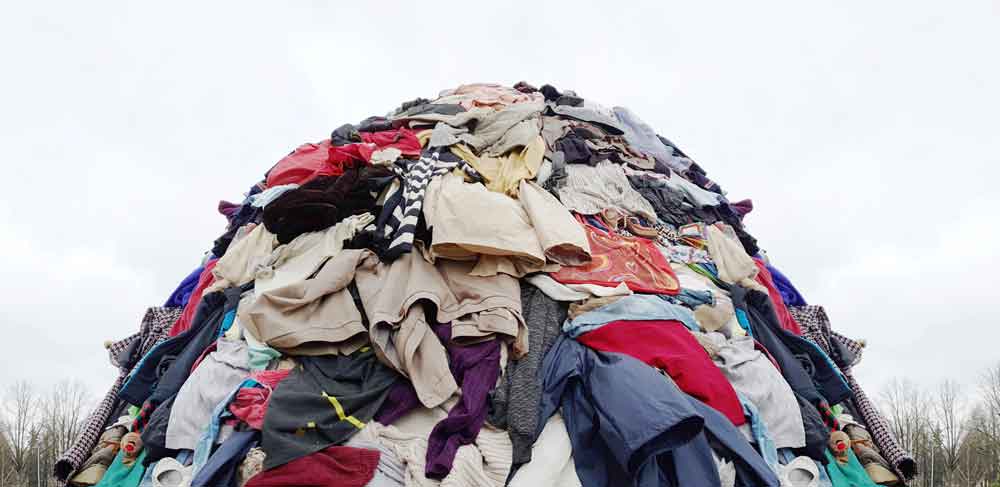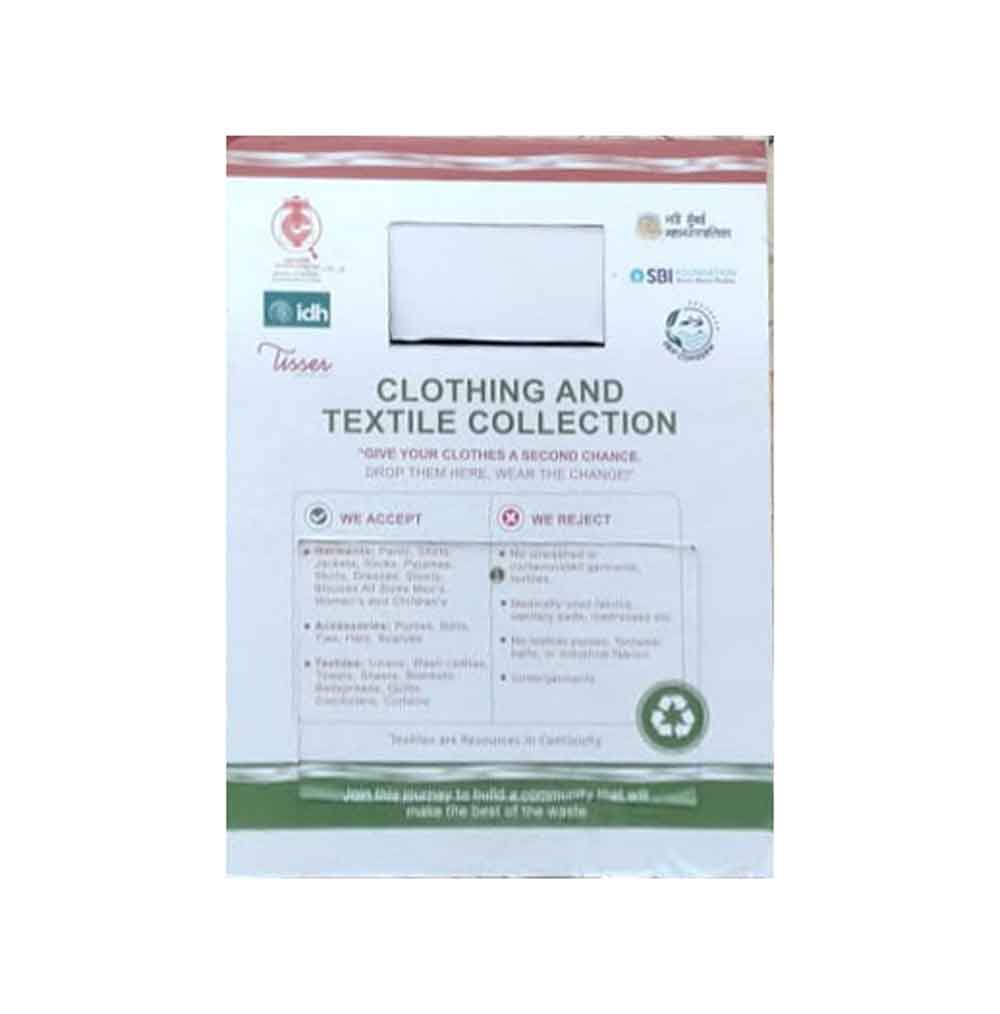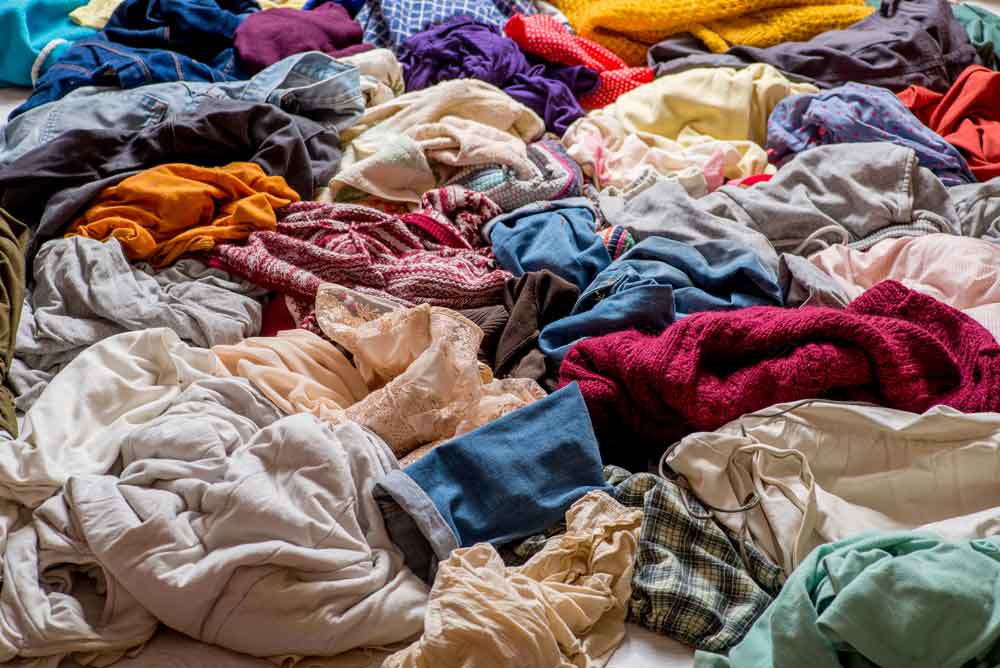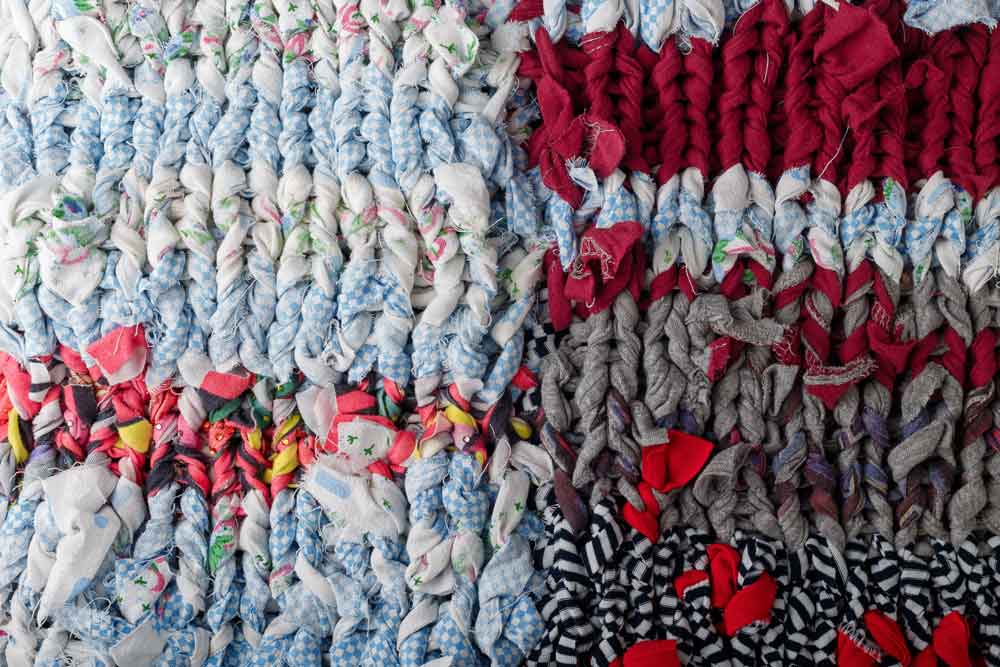Navi Mumbai has become the first city in India to implement an innovative initiative for managing post-consumer textile waste. With the rise of fast fashion contributing to increased clothing disposal, the project, which gained momentum this month, aims to recycle discarded textiles into valuable products while promoting sustainability and employment opportunities.
The initiative is being executed by the Textile Committee under the Ministry of Textiles in collaboration with the Navi Mumbai Municipal Corporation (NMMC). Prime Minister Narendra Modi has acknowledged the project, highlighting its significance in promoting sustainable practices.
While the process of fibre production from discarded textiles may take time, the initiative is expected to be fully functional within the next six months.

Key partners in the project include SBI Foundation Ltd, IDH India Hub Pvt Ltd, the National Institute of Fashion Technology (NIFT), and Tisser Artisan Trust. A formal agreement was signed between these entities, and the initiative was officially inaugurated on October 11 last year by the then Chief Minister, Eknath Shinde.
Collection And Recycling Mechanism
As part of the project, 250 residential societies across Navi Mumbai will have designated collection bins for old clothes. In the initial phase, NMMC, in coordination with SBI Foundation and Tisser Artisan Trust, has already installed 49 bins in 47 societies, with additional bins to be placed in a phased manner.

To streamline collection, a dedicated vehicle will gather textiles from ‘Three R’ (Reduce, Reuse, Recycle) centres and residential societies across the city. A textile recycling centre has been established at the Shakuntala Mahajan Multipurpose Building in CBD Belapur, where collected clothes will be sorted and processed.
Tisser Artisan Trust will oversee the segregation of usable textiles, which will then be upcycled using handlooms. This process will breathe new life into discarded garments by transforming them into different products. The finished items will be displayed and sold in markets, with the involvement of women’s self-help groups, thereby supporting economic empowerment.
Environmental And Social Impact
The initiative is set to ease the burden of textile waste on NMMC’s solid waste management system while simultaneously creating sustainable employment opportunities. It will particularly benefit local artisans and provide income opportunities for women.

Residents are encouraged to contribute items such as trousers, shirts, jackets, socks, pyjamas, skirts, dresses, towels, blankets, bedspreads, curtains, and comforters. However, unclean or damaged clothes, medical textiles, sanitary pads, mattresses, leather goods, shoes, belts, and industrial fabrics are not accepted.
Dr Shinde urged residents to actively participate by donating clean, reusable clothing at society bins or nearby ‘Three R’ centres. He emphasised that Navi Mumbai’s selection for this pioneering project is a matter of pride and called on residents to support the initiative, ensuring its long-term success.
By embracing textile recycling, Navi Mumbai is setting a precedent for other cities in India, showcasing how sustainable waste management can drive both environmental conservation and community welfare.
